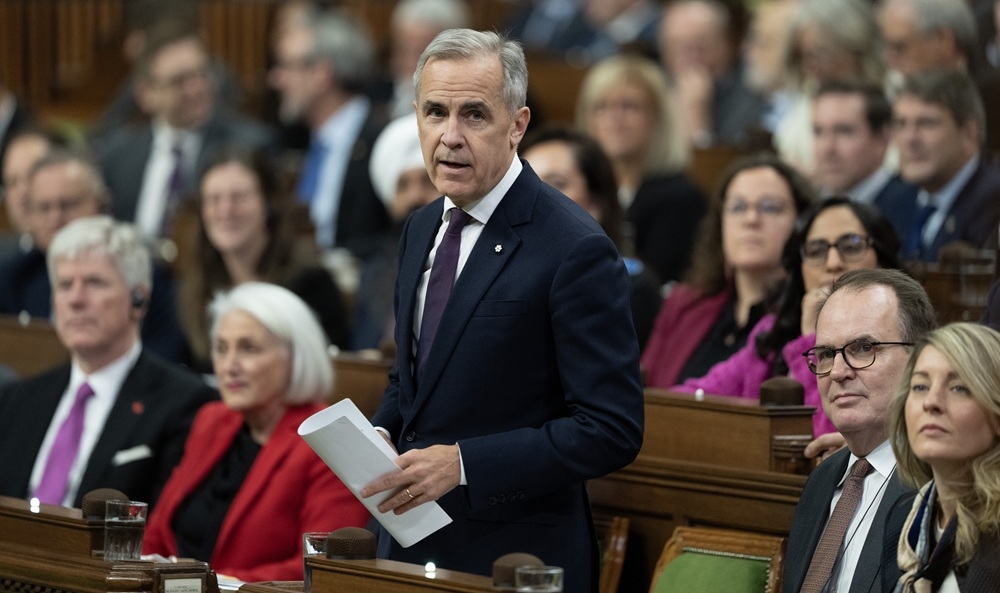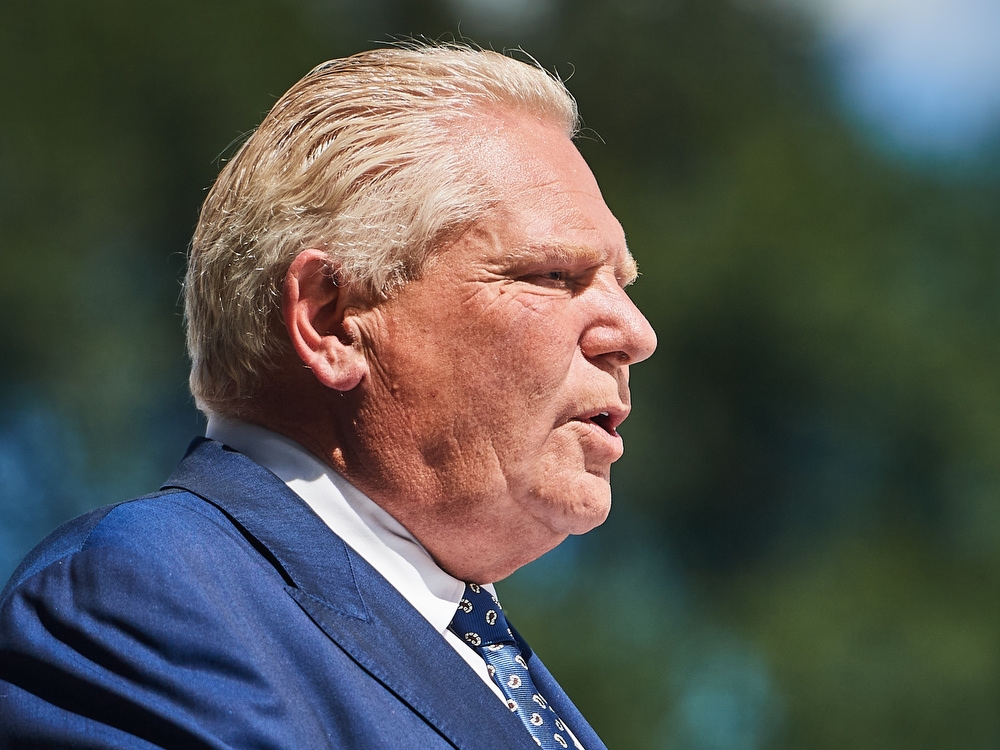A storm of controversy has erupted around former President Donald Trump, ignited by renewed scrutiny of his decades-long association with the late Jeffrey Epstein. The issue, once seemingly contained, has been thrust back into the spotlight with the potential release of long-sealed files, and Trump’s increasingly defiant response.
The catalyst was a recently surfaced email from Epstein’s brother, hinting at compromising photographs involving Trump and a nickname linked to Bill Clinton – a detail that immediately fueled speculation and accusations. This revelation prompted a dramatic shift in Trump’s stance; previously hesitant about full disclosure, he now publicly vows to order the release of the Epstein files.
Trump frames the ongoing investigation as a calculated “Democrat Hoax,” alleging a deliberate attempt to deflect attention from the successes of the Republican Party. He insists there’s “nothing to hide,” dismissing the release of “tens of thousands of pages” as inconsequential and urging a swift move “on from this.”

His pronouncements, delivered via his Truth Social platform, reveal a clear strategy: to aggressively discredit the inquiry and redirect the narrative. He highlights his priorities – tax cuts, military rebuilding, and a controversial stance on transgender issues – attempting to overshadow the Epstein controversy with familiar talking points.
The push for transparency isn’t solely from the opposing party. A bipartisan effort is gaining momentum in Congress, with enough support in the House to potentially pass legislation forcing the Justice Department to release all Epstein-related files, with redactions only for victim protection or ongoing investigations.
Representative Thomas Massie predicts a “veto-proof majority” for the bill, signaling a significant challenge to any attempt to suppress the information. The potential for a full accounting of Epstein’s network and activities is now a very real possibility, despite resistance.

Trump’s connection to Epstein dates back decades, a relationship characterized by frequent travel between New York and Palm Beach, and lavish gatherings at Mar-a-Lago. In a 2002 interview, Trump openly acknowledged Epstein as a “terrific guy” who shared his appreciation for “beautiful women on the younger side.”
However, their relationship reportedly soured in 2004 over a property dispute. Since then, allegations have surfaced, including emails claiming Trump was aware of Epstein’s activities involving Virginia Giuffre, a victim of sex trafficking. The White House vehemently denies these claims, accusing Democrats of selective leaks designed to smear the former president.
The White House maintains that Trump expelled Epstein from his club years ago due to his inappropriate behavior towards female employees, including Giuffre. As the debate intensifies and the pressure for full disclosure mounts, the coming weeks promise to reveal a deeper understanding of the complex web surrounding Jeffrey Epstein and those connected to him.







